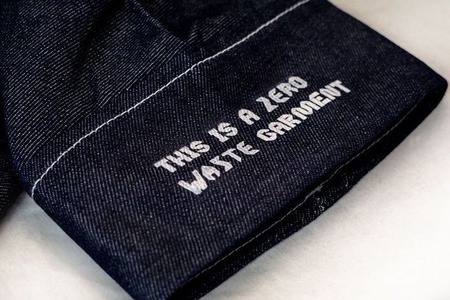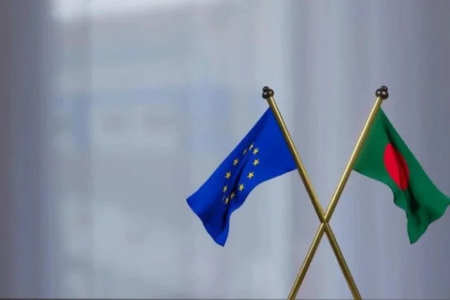
Pakistan’s exports to EU plunge by 12pc in first 11months of 2015
YarnsandFibers News Bureau 2016-03-31 13:00:00 – IslamabadPakistan’s exports to the European Union (EU) in the first 11 months (January-November) of 2015 has plunged from $6.96billion to $6.13 billion in the same period last year, a drop of 11.93 percent, indicating that the preferential market access has failed to boost dwindling exports.
The commerce ministry listed two reasons for the decline: the recession in EU and depreciation of the euro against dollar.
Exports of textile garments dropped to $2.289bn from $2.291bn. Home textile exports dipped 8.51pc to $1.461bn from $1.597bn in January-November 2014.
Exports of cotton and intermediary goods of textile reflected a decline of 16.94pc year-on-year to $810.63 million from $975.99m.
In the non-textile sector, exports of carpets and rugs declined by 6.70pc to $35.93m in January-November 2015 from $38.51m.
According to EU official data available, the impact of GSP+ scheme on textile and clothing sector showed a dismal performance. The sector constitutes 75pc of the total exports to EU under the scheme.
Textile and clothing exports to EU declined by 6.24pc year-on-year to $4.597bn in January-November 2015 from $4.903bn.
The preferential market access to the EU markets, under Generalised System of Preferential Plus (GSP+) scheme, became effective in January 2014, and would remain available for the next 10 years. In the first year, a growth of 20pc was witnessed.
Pakistan Apparel Forum Chairman Muhammad Jawed Bilwani said that the government has totally failed in increasing the exports. It is evidently a matter of real concern that exports are failing just because of the wrong policies of the present government.
He complained that the government has withheld exporters’ refunds amounting billions of rupees which has created financial problems for them.
Other factors, according to an analyst, included persistent vicious circle of high unemployment, low wages, fall in purchasing power, decline in domestic demand and shrinkage in non-essential imports in European countries.
Market Intelligence
Ask for free sample Report

experience
Customer Base
dedicated team
Countries Served Worldwide







![Freitag unveils new Mono[P6] circular backpack](https://www.yarnsandfibers.com/wp-content/uploads/2024/04/Freitag.jpg)

